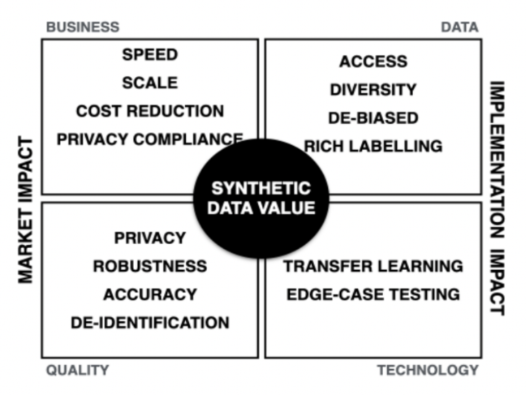Llama 3.3 Just Made Synthetic Data Generation Effortless
Meta today unveiled Llama 3.3, a multilingual LLM to redefine AI’s role in synthetic data generation. Featuring 70 billion parameters, Llama 3.3 is as performant as the previous 405B model yet optimised for efficiency and accessibility. Its multilingual output supports diverse languages, including Hindi, Portuguese, and Thai, empowering developers worldwide to create customised datasets for specialised AI models.

Efficient Data Generation with Llama 3.3
Developers can now use its expanded context length of 128k tokens to produce vast and high-quality datasets, addressing challenges like privacy restrictions and resource constraints. Meta’s AI chief Yann LeCun previously said that this capability enables innovation in low-resource languages, a sentiment echoed by Indian entrepreneur Nandan Nilekani.
Impact on Indian AI Development
Indic startups like Sarvam AI and Ola Krutrim have already reaped the benefits of Llama’s capabilities. Sarvam AI’s 2B model trained on 2 trillion synthetic Indic tokens demonstrates how such data can efficiently train smaller, purpose-built models while retaining high performance.
Advancing AI through Synthetic Data
Llama 3.3’s multilingual support and scalability make it indispensable for bridging the data divide in underrepresented languages. The ability to support synthetic data generation extends beyond niche use cases, fostering broader adoption among developers, educators, and businesses.

Future Prospects with Llama
With its revolutionary approach to synthetic data generation and cost-effectiveness, Llama 3.3 isn’t just filling a gap—it’s setting a new standard. The release fits squarely into Meta’s long-term AI strategy, paving the way for future iterations such as Llama 4, set for early 2025.
Enabling Innovation with AI
Meta positions itself as a critical enabler of innovation in both the private and public sectors through domain-specific training datasets. Future Llama versions will likely support an even broader array of languages and specialised use cases, driving AI development globally.
Driving AI Advancements
For countries like India, where data creation in regional languages is critical, synthetic data generation offers an accessible pathway to developing culturally relevant AI solutions. The enhanced tokenisation methods will ensure safe, responsible usage in AI development.




















